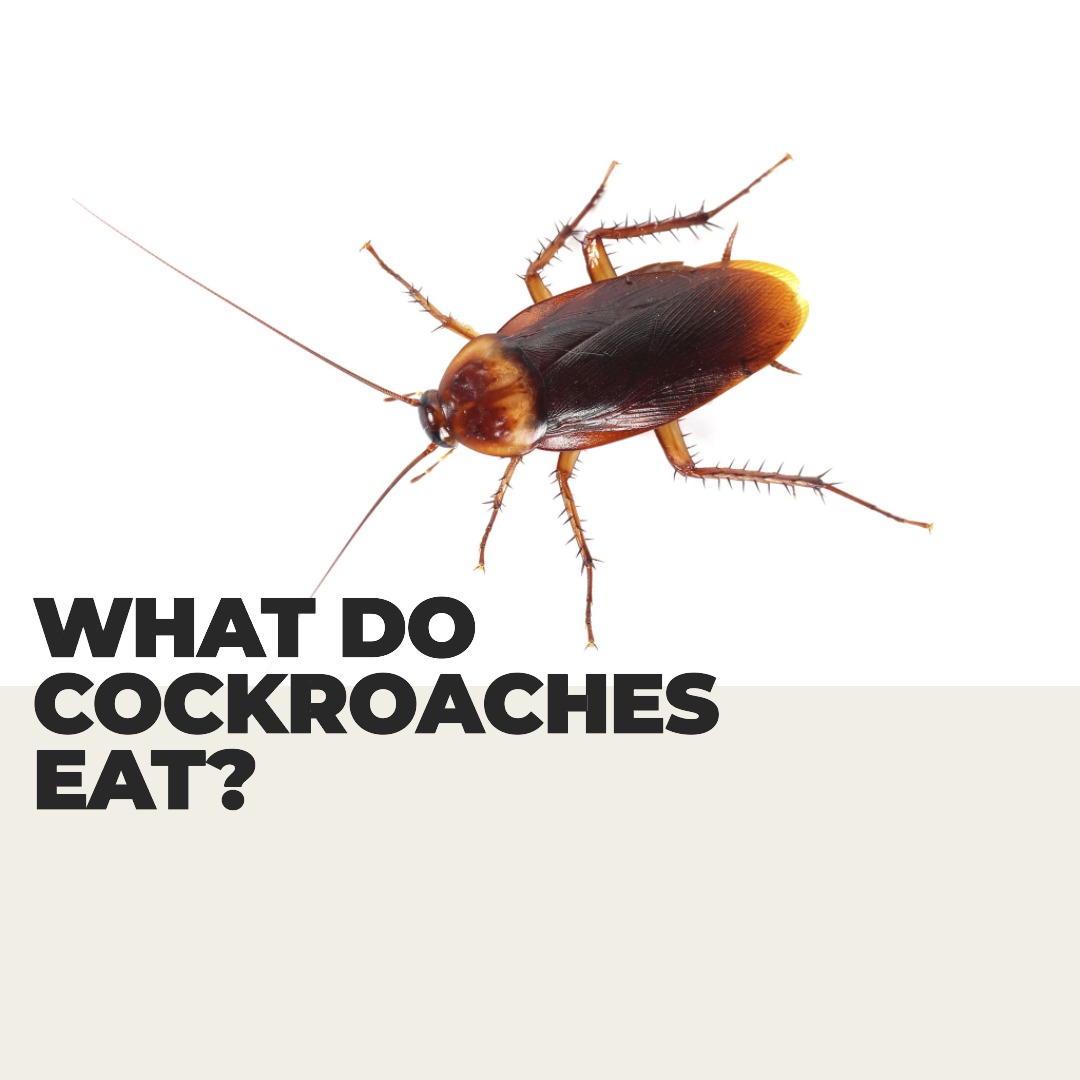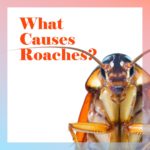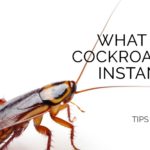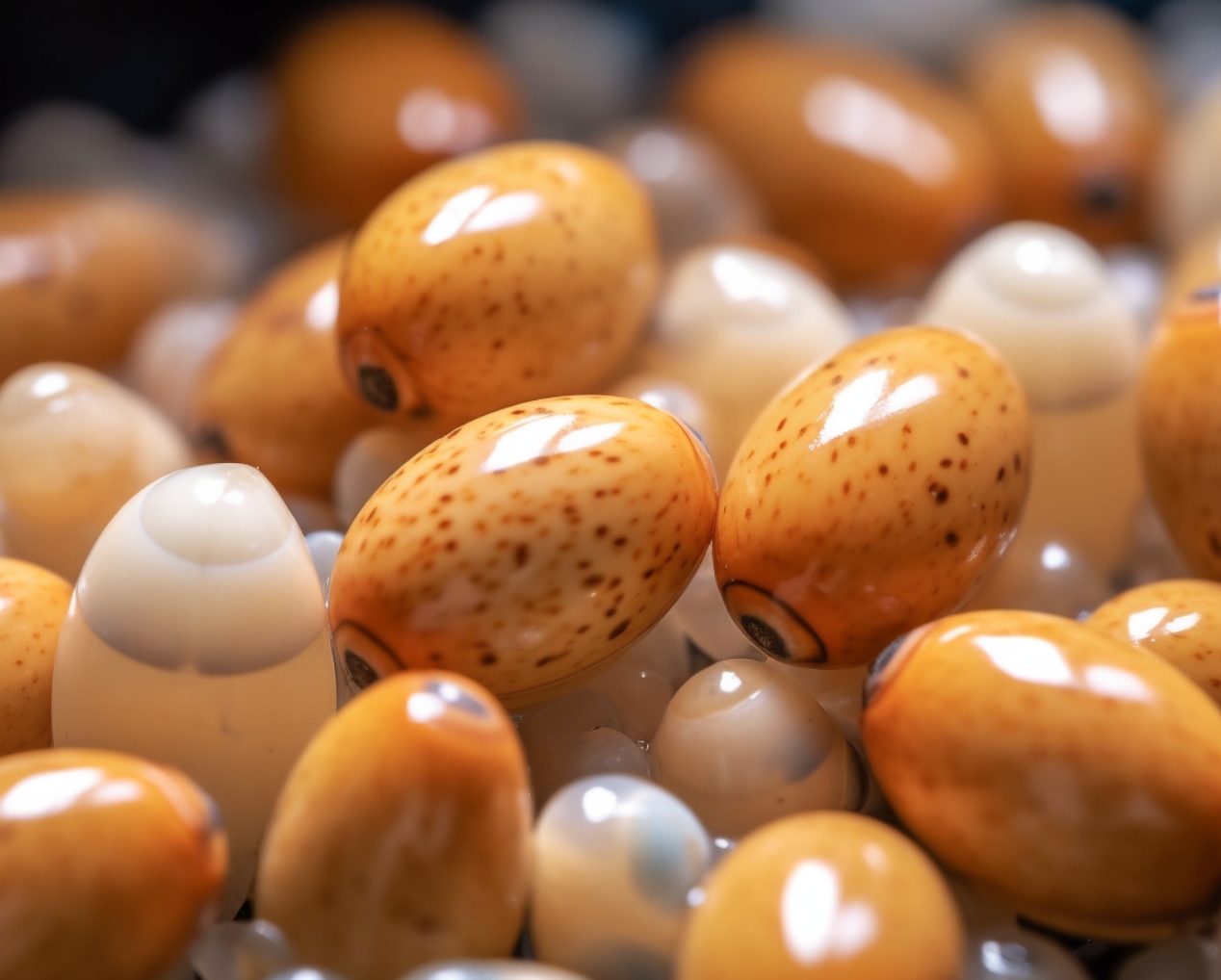Have you ever wondered, what do cockroaches eat? If you have, you’re not alone. Cockroaches are notorious for their ability to adapt and thrive in a wide range of environments, making them one of the most resilient pests around. In this comprehensive guide, we will explore the diet of cockroaches and give you a step-by-step understanding of their eating habits. Along the way, we will also introduce some essential resources to help you manage and prevent cockroach infestations in your home.
A Cockroach’s Varied Diet
Contents
Cockroaches are opportunistic eaters, which means they will consume almost anything they come across. Their diet mainly consists of:
- Decaying organic matter
- Starches
- Sugars
- Grease and fats
- Meat
- Carbohydrates
- Dead insects
In fact, they will even eat wallpaper glue, soap, and leather if they’re hungry enough. Given their vast array of food sources, it’s no surprise that cockroaches are found in various environments, from homes to restaurants and warehouses.
The Feeding Habits of Different Cockroach Species
There are several species of cockroaches found throughout the world, and each has its unique dietary preferences. Here are a few examples:
- German cockroaches are the most common species found in homes and businesses. They have a preference for sweet, starchy foods and are attracted to grease and fats.
- American cockroaches are larger than German cockroaches and are more commonly found in sewer systems and basements. They are scavengers and will eat almost anything, including paper, glue, and hair.
- Oriental cockroaches are primarily outdoor dwellers, but they may venture inside during colder months. They prefer decaying organic matter and are often found near garbage cans and compost heaps.
Understanding the dietary preferences of the cockroach species in your home can help you effectively manage and prevent infestations.
Preventing Cockroach Infestations
Cockroaches are attracted to food and water sources, so one of the best ways to prevent an infestation is by eliminating access to these resources. Here are some tips on how to make your home less attractive to these pests:
- Store food in sealed containers: Cockroaches can easily access open food packages and crumbs, so store your food in airtight containers or resealable bags.
- Clean regularly: Regularly clean your kitchen countertops, floors, and appliances to remove any food residue that may attract cockroaches.
- Dispose of garbage regularly: Make sure to keep your garbage cans tightly sealed and take out the trash frequently.
- Fix water leaks: Repair any leaking pipes or faucets, as cockroaches are attracted to moisture.
By eliminating food and water sources, you can make your home a less desirable environment for cockroaches to inhabit.
Identifying and Managing Cockroach Infestations
If you suspect that you have a cockroach infestation, it’s essential to act quickly to prevent the problem from worsening. Here are some steps you can take to identify and manage an infestation:
- Inspect your home for signs of cockroroach infestations: Look for live or dead cockroaches, droppings, and egg cases in dark, damp areas such as under sinks, behind appliances, and in cabinets.
- Use traps to monitor and capture cockroaches: Sticky traps and bait stations can help you determine the severity of the infestation and target problem areas.
- Apply targeted treatments: Depending on the severity and type of infestation, you may need to use insecticides, bait gels, or insect growth regulators to manage the problem. Popular products such as Advion Cockroach Gel Bait can be highly effective in controlling cockroach populations.
- Hire a professional exterminator: In severe cases or if DIY methods are unsuccessful, it may be necessary to hire a professional exterminator to eliminate the infestation.
Natural and DIY Solutions for Cockroach Control
If you’re looking for more natural ways to control cockroach infestations, there are several home remedies and DIY solutions you can try:
- Diatomaceous earth: This natural powder can be sprinkled around infested areas to dehydrate and kill cockroaches.
- Boric acid: A mixture of boric acid and peanut butter can create an effective bait for cockroaches, as they are attracted to the peanut butter and then ingest the poisonous boric acid.
- Peppermint oil: Some people find that peppermint oil can help repel cockroaches when applied to entry points and problem areas.
Keep in mind that natural remedies may not be as effective as chemical treatments, so it’s crucial to monitor the situation and be prepared to try other methods if necessary.
The Importance of Ongoing Cockroach Prevention
Even after you’ve successfully managed a cockroach infestation, it’s essential to remain vigilant and continue implementing preventative measures. Regularly inspect your home for signs of infestation, maintain cleanliness, and seal up any potential entry points to help keep cockroaches at bay.
In Conclusion
Understanding what cockroaches eat and their dietary preferences is an essential aspect of preventing and managing infestations. By eliminating food and water sources, maintaining a clean home, and using targeted treatments, you can effectively keep these resilient pests under control.
FAQ about What Do Cockroaches Eat
Q1: Can cockroaches survive without food?
A: Cockroaches are incredibly resilient and can survive without food for up to a month. However, they cannot survive without water for more than a week. This is why it’s essential to eliminate both food and water sources when trying to prevent and control cockroach infestations.
Q2: Are cockroaches attracted to human food?
A: Yes, cockroaches are attracted to a wide variety of human food, particularly those high in starch, sugar, and grease. To prevent attracting cockroaches, store your food in airtight containers and maintain a clean kitchen.
Q3: Do cockroaches eat other insects?
A: Cockroaches are omnivorous and will eat other insects, especially when food is scarce. This can include dead insects, as well as live ones if they can catch them.
Q4: Can cockroaches eat through plastic or cardboard?
A: While cockroaches can chew through thin plastic and cardboard, they typically do so to access food rather than consume the material itself. To keep cockroaches from accessing food stored in plastic or cardboard containers, use thicker, airtight containers made of glass or hard plastic.
Q5: Do cockroaches eat mold?
A: Cockroaches may consume mold as a part of their diet, as they are attracted to decaying organic matter. However, mold is not their primary food source, and they usually prefer other types of organic material.
Q6: Can cockroaches eat wood?
A: While cockroaches are not known to consume wood like termites, they can chew through wood materials like paper, cardboard, and wood glue when searching for food sources.
Q7: Are there any foods that repel cockroaches?
A: There are no specific foods that repel cockroaches. However, some essential oils, like peppermint oil, may have a repelling effect on cockroaches when applied to entry points and problem areas.
Q8: How can I make my kitchen less attractive to cockroaches?
A: To make your kitchen less attractive to cockroaches, maintain a clean environment by regularly cleaning countertops, floors, and appliances. Store food in sealed containers, dispose of garbage frequently, and fix any water leaks to eliminate food and water sources that attract cockroaches.




